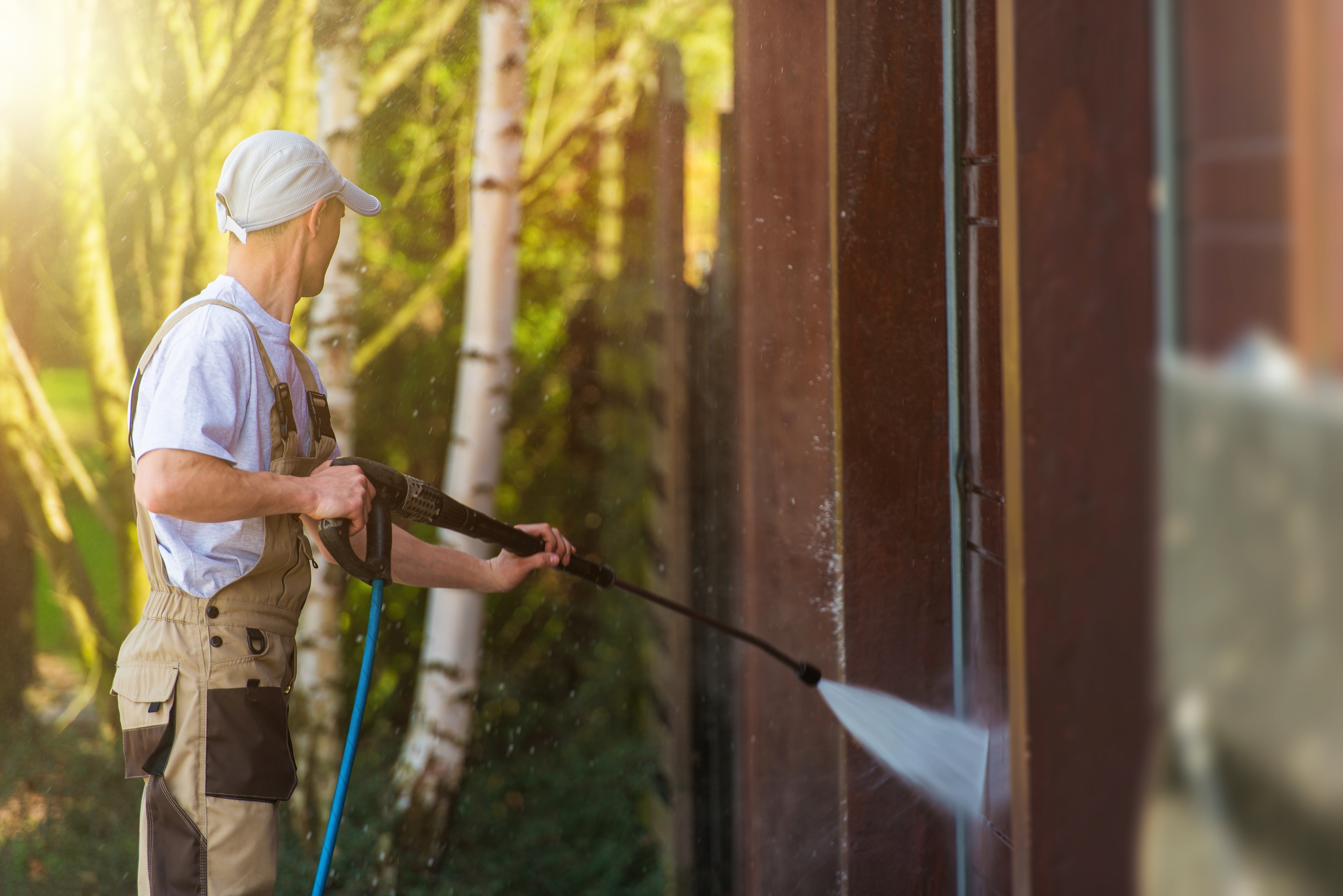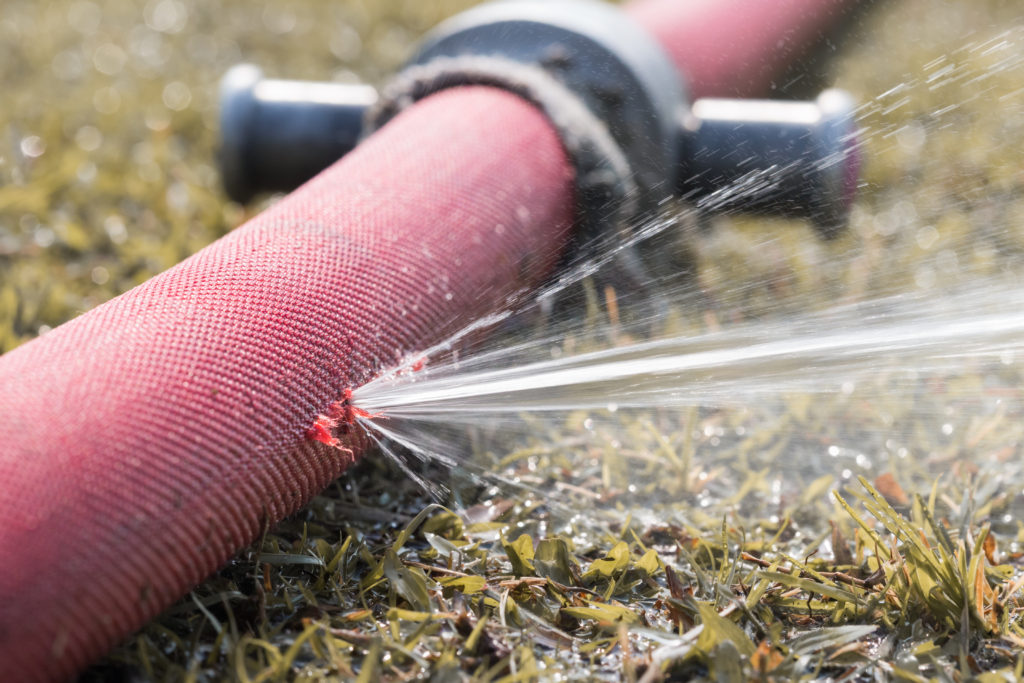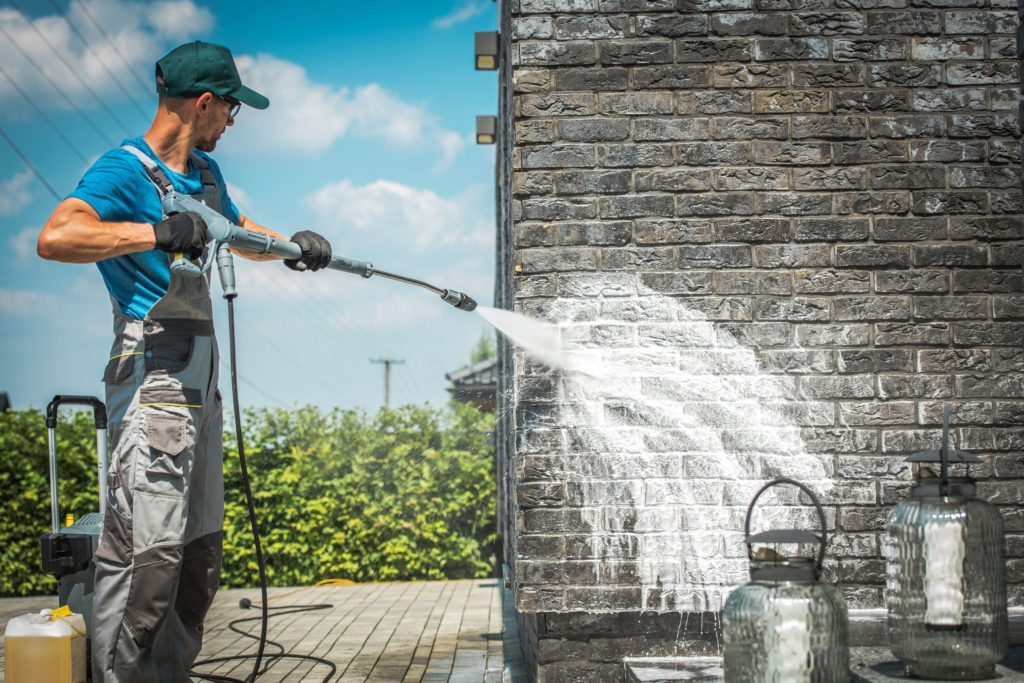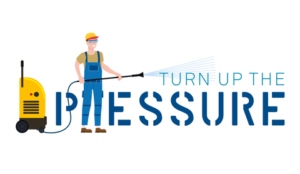
Pressure washers work pretty hard to get the job done. Is it possible that they can overheat just like a lawn mower or other outdoor gadgets?
Though it does not overheat the same way a gas unit will, it is possible for your pressure washer to overheat. Usually, however, most electric pressure washers tend to automatically shut off when it begins to overheat and the wand trigger is closed.
Overheating might be somewhat inconvenient, but all is not lost when it does happen. Here are a few important things to know.
Reasons for overheating
Though there are a few gas powered washers out there, the majority run on electricity now. These will not overheat nearly as badly as a gas powered one will. A common culprit of an electric overheating is if it has spent one too many hours out in the sun while running. Direct sun exposure may cause it to shut down, so be careful not to have it out in direct sunlight for too long.
Another common reason for your washer overheating is that you might be running the washer for longer than you should. Professional equipment can run for a good while, but most average pressure washers that you can find in the garage do not have that kind of endurance. Most can only run for five to eight minutes at the most. Running it for longer than that will decrease that time significantly as well as cause your pressure washer to overheat and stop working. Keep in mind, however, that gas and electric powered washers will function differently and probably have different issues. Gas units are a lot more susceptible to overheating than electric ones.
You might want to make sure that you are not running hot water in a pressure washer that is meant to handle only cold water. This could also be a reason for your washer overheating. Additionally, there could be a mechanical problem that will require professional assistance to fix. In any case where the problem of overheating persists, it is recommended that you talk to a professional and stop using the machine at once. Also, make sure you are pumping enough water through the unit. Failure to do so could result in a smoking, overheating washer that will immediately shut down. It will very quickly dry the pump out and that damage will negatively affect the rest of the machine.
Other malfunctions

Sometimes overheating may not be the reason your pressure washer has shut down or stopped working. Here are a few common problems that you may be facing.
Check the engine’s air filter. A dirty one will inhibit the pressure washer’s ability to perform because it is not allowing air to get to the carburetor. It is a good practice to check the filtration system as often as is necessary to make sure that there is no accumulation of dirt preventing the machine from functioning well. It takes time, but it’s worth it if it proves to solve the problem.
There might also be a power surge that starts the pressure washer up fine, but then causes it to fail or shut off. This is usually a result of there not being enough water pumped through the system which then causes things to dry out. This is because it begins to suck in air rather than water, which then causes damage to the pump. Luckily, this is an easily remedied problem. Check the water capacity for your pump and make sure that capacity is met. Afterwards, just be careful to fill the supply as full as necessary to keep the machine running.
Additional problems might include leakage and too much pressure. Too much pressure is generally the result of a nozzle that is too small. A nozzle generates pressure through its tiny hole, so a hole that is too small will naturally cause some problems. Simply check your user’s guide or manufacturer’s manual and you should be able to find one that suits your needs. Leakage, while sometimes bothersome, can actually be a mechanism to counteract overheating. It is caused by the thermal relief valve which will flood the system with water to cool it down. To release unnecessary water, simply squeeze the trigger a few times.
Necessary maintenance

In order to avoid the aforementioned problems, be sure to carefully maintain your pressure washer. Check your fuel and oil levels Don’t overfill your washer but keep it well lubricated. You will also want to check the water inlet screen and pump filters often. Dirty filters of any kind will slow your washer down and sometimes even shut it off. You will also want to make sure the screens and filters are not damaged in any way. Clean and repaired parts will keep your washer functioning well and ensure long life.
Rinse thoroughly after using your washer. Any water or chemicals left behind can cause severe buildup, or else crystallization which can then damage your machine’s parts. Remove the hose and let the excess drain off. You can also run water through the washer to make sure everything comes out. You will also want to relieve any remaining pressure that has built up to avoid punctures or breaks in your equipment. If your unit is an electrical one, unplug it first. Then spray the remaining water (with the trigger pointed away from people) until it has all run out.
You will also want to both lubricate your hose connectors and replace the nozzle as necessary. The nozzle will become worn down and eroded over time; this is completely natural, as it will have a constant flow of water passing through it. When you start to see a drop in pressure or power from your hose, that is a telltale sign that the nozzle needs replacing because the hole will have become too wide. Additionally, you will want to keep your connectors lubricated. Ones that are too dry will slip and become loose, then causing leaks and sometimes punctures.
